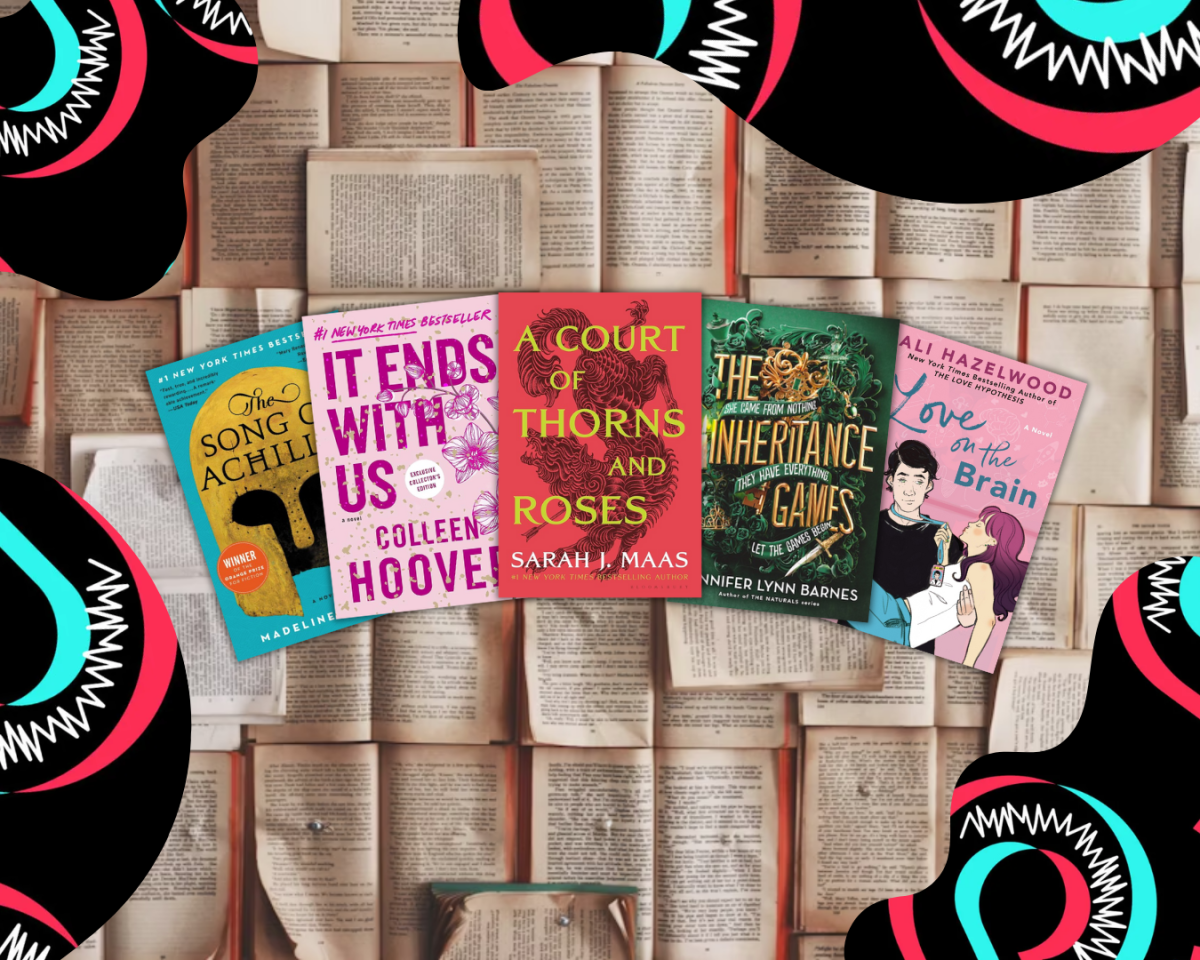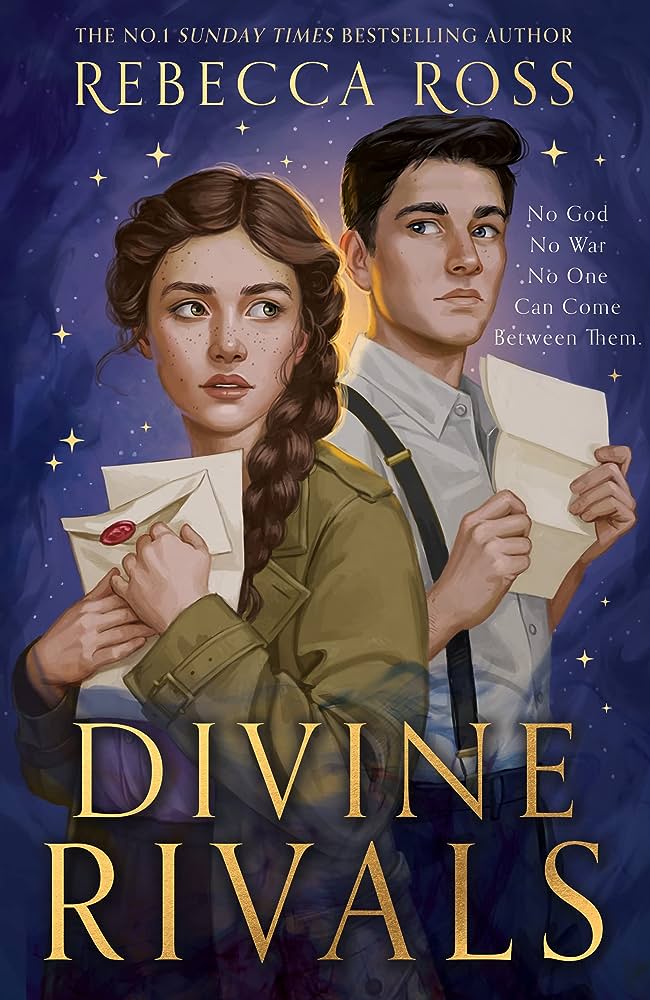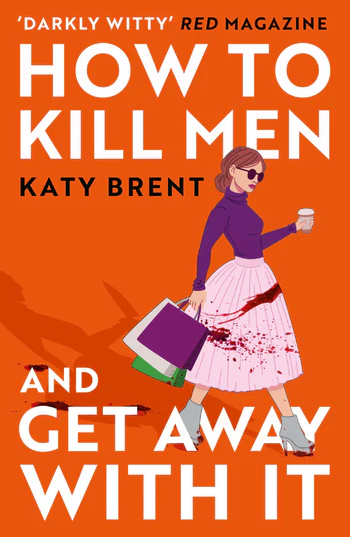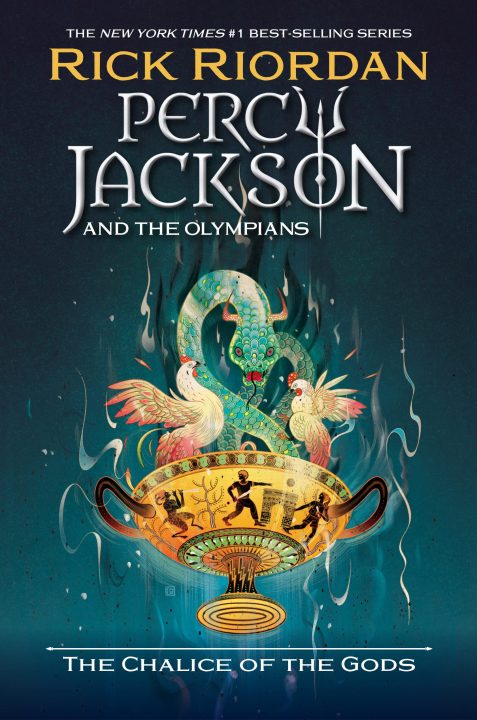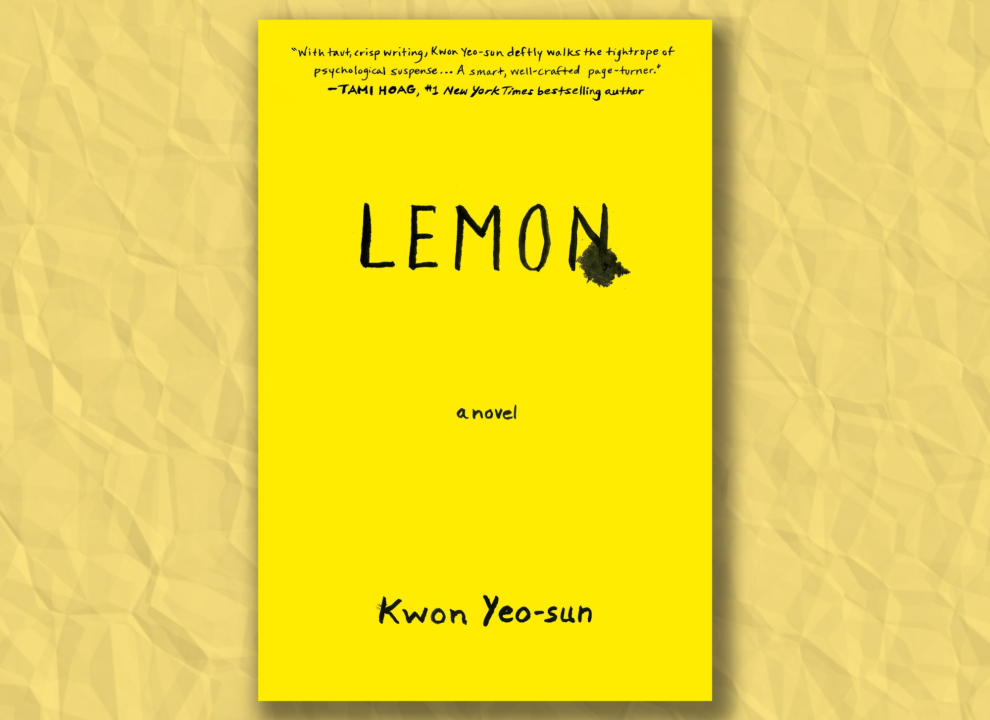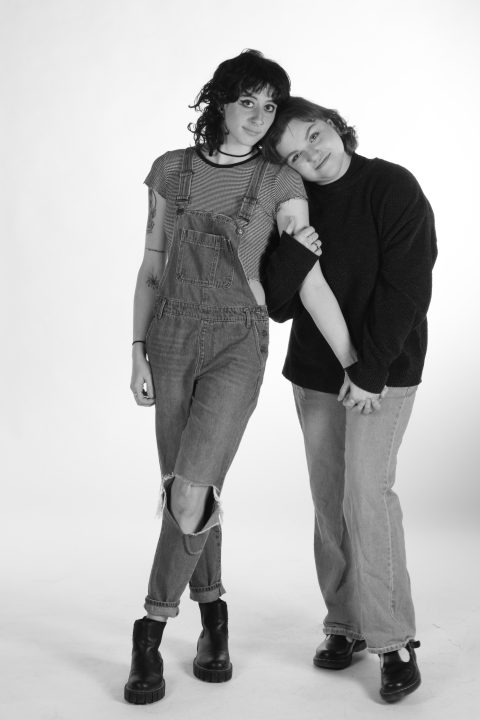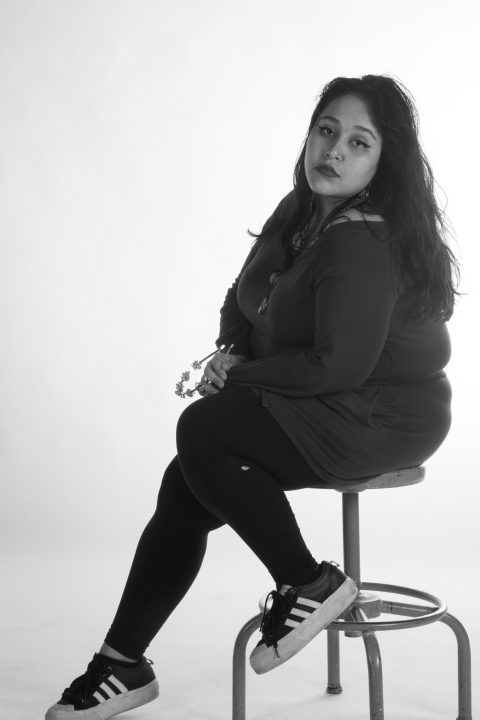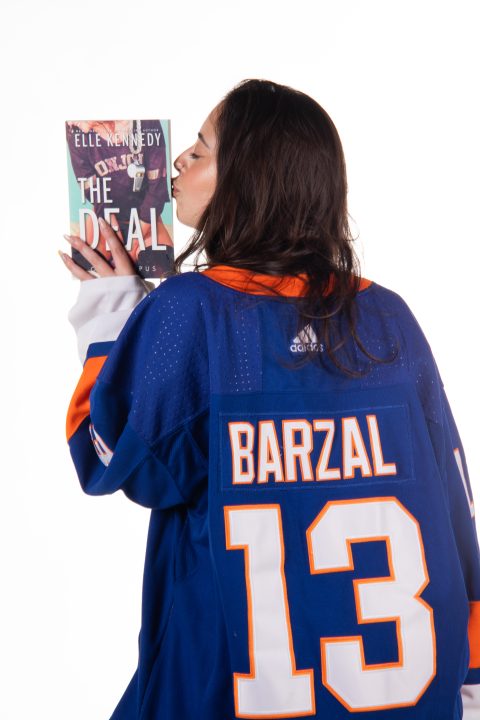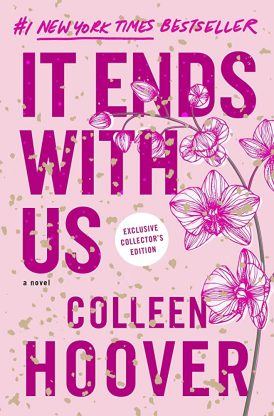
Content Warning: Domestic violence, sexual assault
Colleen Hoover’s “It Ends with Us” is currently ranked fourth on the New York Times bestseller list. As of March 20, the book is entering its 91st week on the bestseller list. The 2016 romance novel has gained immense popularity since 2021, primarily through TikTok under the “#BookTok” hashtag. The novel is critically acclaimed for its touching themes and even won Best Romance on Goodreads in 2016.
While the novel is marketed as a romance novel and continues to be praised, its erroneous portrayal of intimate partner violence (IPV) renders it downright dangerous to be classified as such, as Hoover’s attempt at a cautionary tale falls flat.
The book’s romantic plotline is a love triangle between characters Lily, her new flame Ryle and Atlas, her ex-boyfriend from high school. It seems like a classical romance novel with cute tropes. However, that couldn’t be further from the truth.
The portrayal of Ryle’s behaviors is not only alarming, but dangerous. It should not be represented in a romance novel, as it can tie coercion and abuse to a form of romance for some readers. Red flags in Ryle’s character appear the second he encounters Lily at her flower shop, six months after their first meeting. He overtly sexualizes her and expresses his desire to have sex with her.
When Lily repeatedly refuses his advances, Ryle hunts down her apartment to convince her to sleep with him, emphasizing that it will be a one-time occurrence. It was never going to be a one night stand, and this simply was not consent.
Men who use the promise of a “one-time occurrence” to manipulate their partners to have sex with them do so to alleviate the other person’s concerns over the situation. However, these men often have no intention of making it a one-time occurrence, and will continue to pressure their partner for more sex. Ryle repeatedly asked and pressured Lily to have sex with him and it created a situation in which Lily felt that she had no choice but to give in.
From there, it just gets worse.
During their relationship, Ryle often physically abuses Lily and continues to sexually assault her. It starts with remorse from Ryle and unfulfilled promises of never touching Lily again — and then it escalates. Despite Lily suffering from cuts and bruises, the novelist appears to justify Ryle’s violent tendencies by having him explain that he blacks out during the fits of rage and doesn’t remember hurting Lily because of his traumatic past.
Trauma is absolutely not an excuse for physically abusing someone.
“When Ryle was three years old, he shot his brother. This detail is also added seemingly out of nowhere,” student contributors at the Ram Pages, a student-led newspaper in Philadelphia, write. “The problem with this is that this information doesn’t correlate at all with why Ryle was so abusive towards Lily.”
When readers begin to sympathize with an abuser, they may overlook or minimize the harm that the victim is experiencing, which can create the false notion that abuse is acceptable or even romantic in some way. A study conducted in 2021 by sociology professors Samatha M. Gavin and Nathan E. Kruis found that depiction of violence against women in the media, especially in romantic relationships, can contribute to increased acceptance of domestic violence.
Additionally, we can easily see that Ryle’s attacks on Lily are not “episodes.” In a third incident, Ryle finds out that a magnet on Lily’s kitchen fridge was gifted to her by Atlas. This enrages him, and he proceeds to wait for Lily in the dark of her apartment while holding the magnet. When she comes home, Ryle forces himself on Lily and aggressively pulls her hair, ignoring her cries to stop.
Ryle responds by choking her and attempting to rape her, which leaves her unconscious and with multiple physical injuries. This is not Ryle acting in a spell of rage. It’s a sadistic and calculated assault on Lily. Still, Hoover writes Ryle’s trauma in a way that may lead to readers perceiving it as a justifiable excuse for his outbursts.
“There are things I can’t control. I get angry. I black out,” Ryle says to Lily after another incident where he pushes her down a flight of stairs. “I swear I had no intention of hurting you.”
Through this, Hoover conveys that while the abuse is not acceptable, it is understandable, causing some readers to sympathize with the abuser. The underdeveloped character of Atlas also leads the reader to place Atlas and Ryle on the same level of being an appropriate suitor for Lily, despite Ryle’s abuse.
“Indeed [the book] has its moments through small infiltrations about a victim’s mentality in an abusive household,” Kate Ng, a writer at The Daily Nebraskan writes. “But, that is mostly offset by the strangely Hallmark-loving tone the entire duology decides to take, making the books sound humorous and benign in a way that domestic abuse is not.”
Hoover constructs Ryle to be the perfect man, his abusive behaviors aside, and writes in swoon-worthy moments between him and Lily. This breeds butterfly sensations in not only Lily, but in readers as well, especially for the moment when Ryle confidently professed himself as Lily’s boyfriend.
One user on TikTok posted a video captioned “[I’m] Team Ryle, because I can‘t hate him even [if] he did [abuse] Lily.” Another reader on TikTok said that she would’ve stayed with Ryle, and that his trauma was an “excuse” for his behavior.
By the end of the book, Lily decides to separate from Ryle after learning she is pregnant, thus ending the cycle of violence. But what would have been a celebratory end to a truly horrible relationship is ruined by a redemptive scene in the epilogue. Lily allows Ryle, with a history of abusing and victimizing women, to co-parent their child, claiming that each parent has to work through their differences — except that Ryle is not a good person with so-called “differences.”
He’s an abusive manipulator, and allowing an abuser to co-parent can put the safety and well-being of both the child and the victim at risk.
The book is marketed as an “unforgettable tale of love,” and the back cover claims that “sometimes the one who loves you is the one who hurts you the most.” Hoover, through her unrealistic and overly sympathetic portrayal of an abuser, misses an opportunity to show the toxicity within abusive relationships.
The absence of IPV trigger warnings and the marketing of this book as a romance novel are extremely misleading and can lead to normalizing domestic violence. Romance novels are characterized by themes of love, passion and emotional connection, and “It Ends with Us” offers none of that.
The marketing of this book as a romance novel can trivialize the serious and damaging effects of domestic violence and sexual assault, reducing them to a plot device rather than a complex issue that impacts more than 10 million individuals in the U.S.
Hoover ultimately fails in her attempt to raise awareness of IPV. The misleading marketing, the use of Ryle’s trauma to justify his abuse and the redemptive scene in the epilogue send a message that sexual assault and domestic violence can be justified — and are on some level acceptable. If people are going to be promoting this book, they should be cognizant of the IPV and explicitly warn people that this is not a romance book.











